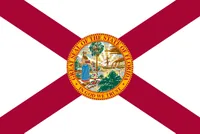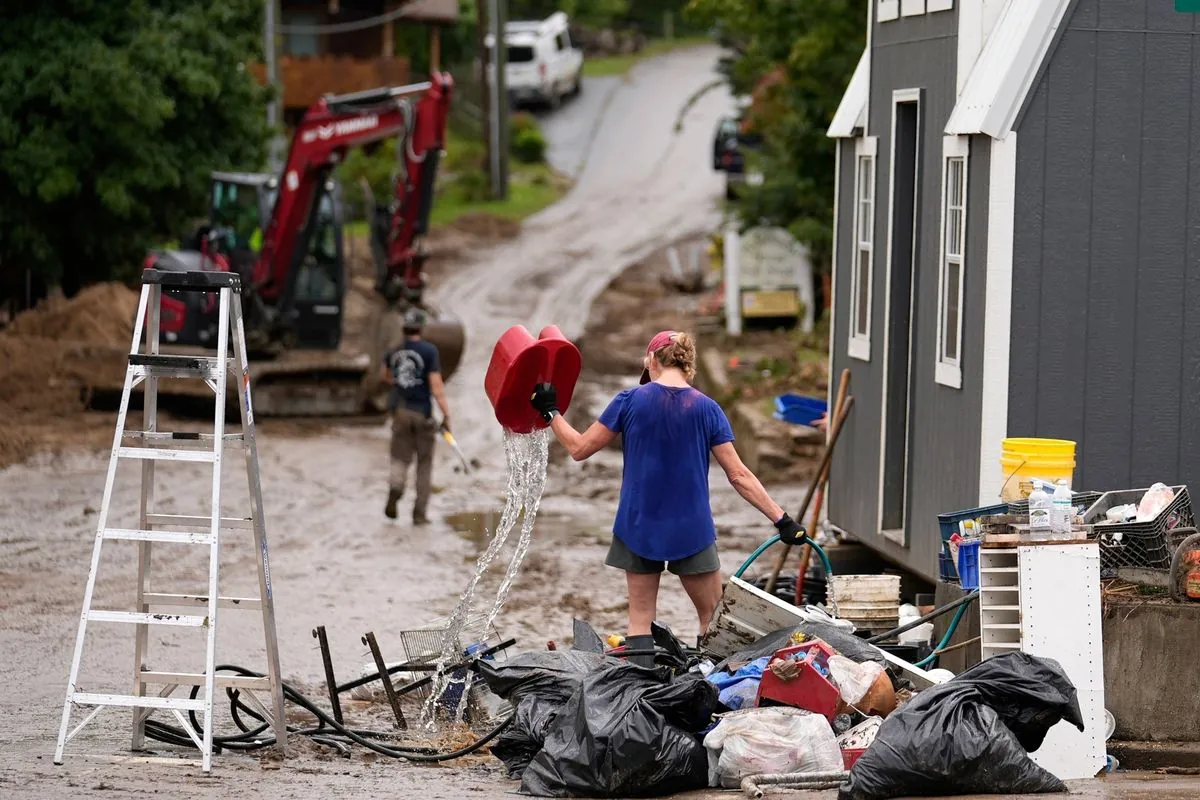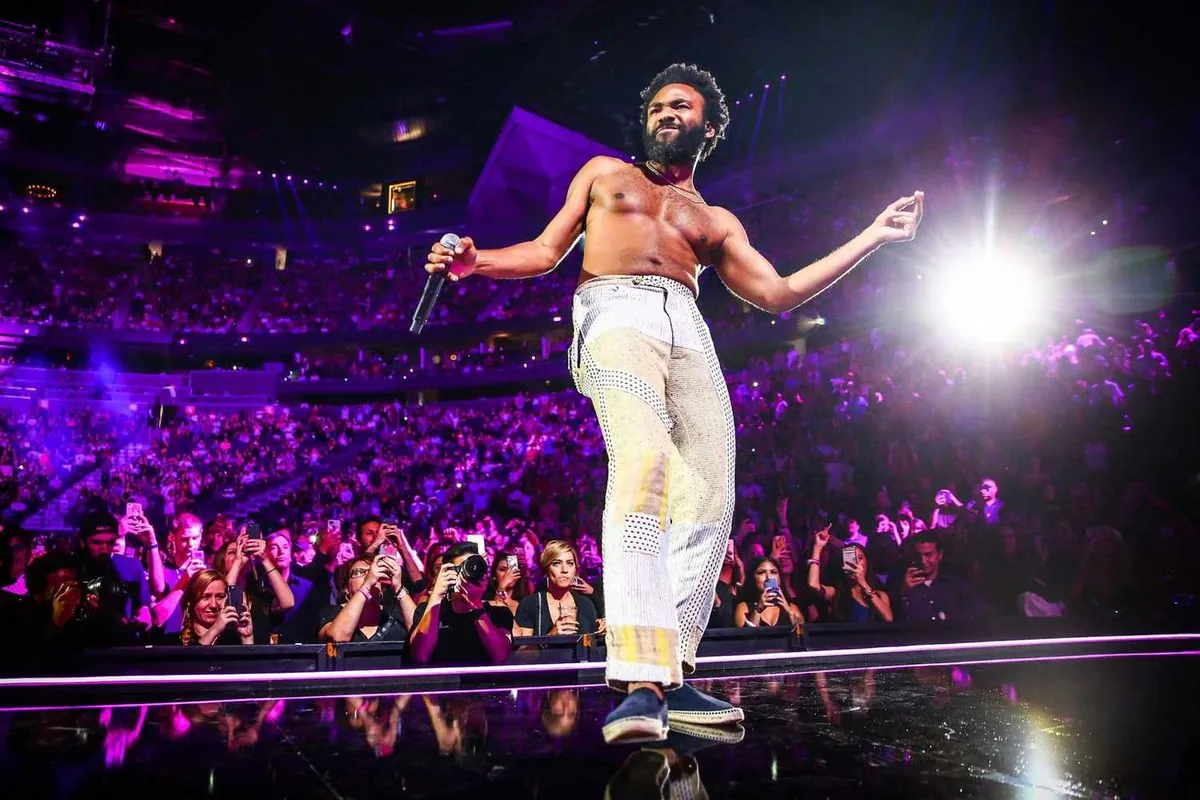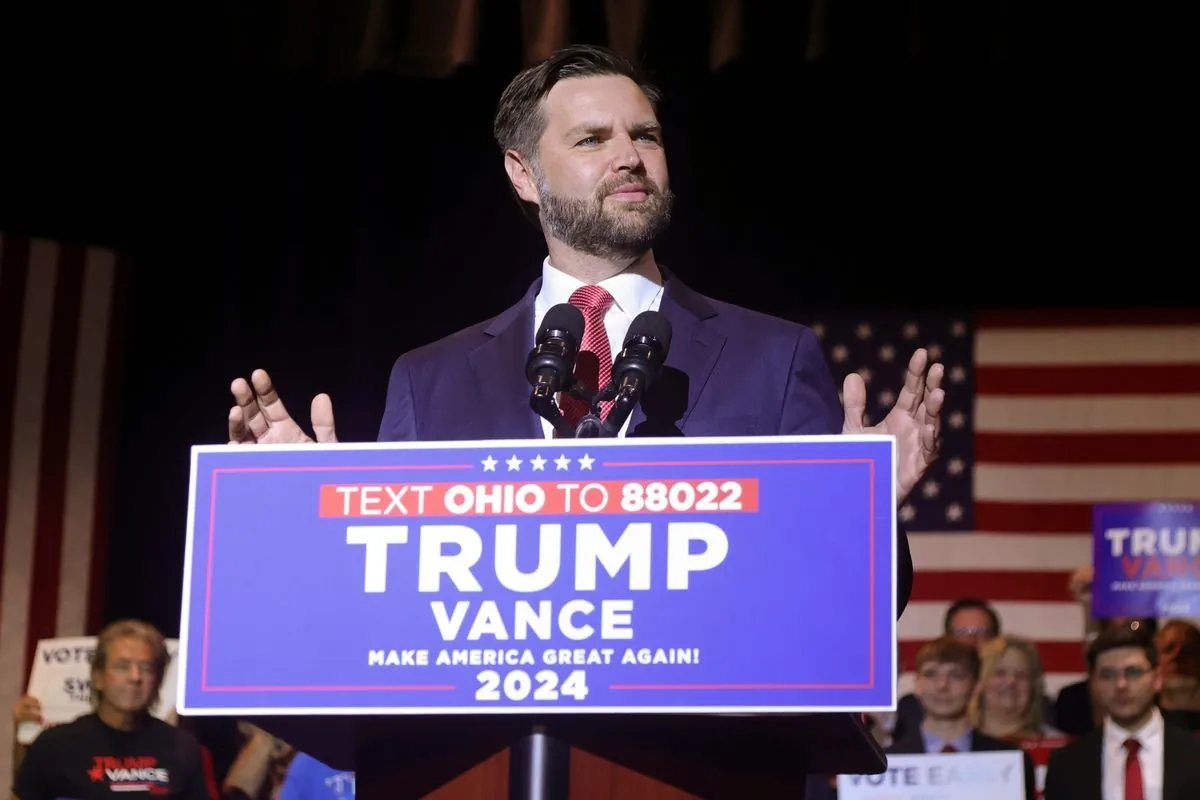VP Harris Addresses Family Comments, Emphasizes Modern Family Values
Vice President Kamala Harris responds to criticism about not having biological children, highlighting her "modern family" and calling for women to support each other. Harris plans increased media appearances in campaign's final month.
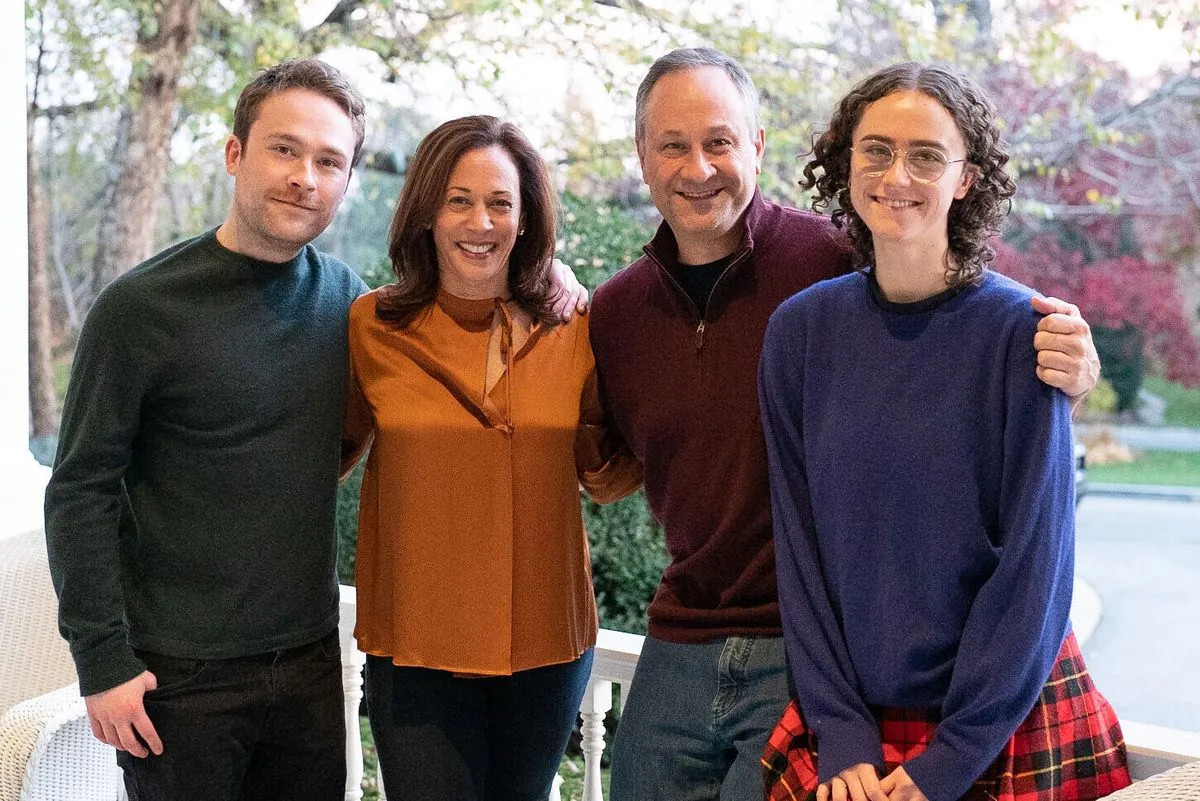
In a recent interview on the popular "Call Her Daddy" podcast, Kamala Harris, the first female, Black, and South Asian American Vice President of the United States, addressed comments made about her family status and emphasized the importance of women supporting each other.
The Vice President responded to remarks made by Arkansas Governor Sarah Huckabee Sanders during a town hall event for Donald Trump in Michigan last month. Sanders, who served as White House Press Secretary from 2017 to 2019, suggested that Harris lacked humility due to not having biological children.
Harris rejected this notion, stating, "I don't think she understands that there are a whole lot of women out here who, one, are not aspiring to be humble." She added, "Two, a whole lot of women out here who have a lot of love in their life, family in their life, and children in their life."
The Vice President went on to discuss her "modern family," a term that gained popularity with the TV show of the same name, which aired from 2009 to 2020. Harris's family includes her husband, Doug Emhoff, who became the first Second Gentleman of the United States in 2021, and his two children from a previous marriage, Cole and Ella.
"We have our family by blood, and then we have our family by love, and I have both, and I consider it to be a real blessing. And I have two beautiful children, Cole and Ella, who call me Momala. We have a very modern family. My husband's ex-wife is a friend of mine."
Harris's use of the term "Momala," a combination of "mom" and "Kamala," reflects her role as a stepmother and highlights the growing recognition of blended families in society. The concept of "family by love" has gained recognition in legal and social contexts in recent years, challenging traditional definitions of family structures.

The Vice President also addressed comments made by JD Vance, Trump's running mate and author of "Hillbilly Elegy," who was elected as a U.S. Senator from Ohio in 2022. Vance had previously complained about not wanting the country run by "childless cat ladies." Harris described these remarks as "mean and mean-spirited," highlighting the ongoing debate about work-life balance for women in high-profile positions.
As part of her campaign strategy, Harris is increasing her media presence in the final month before the election. She is scheduled to appear on several popular shows, including "60 Minutes," one of the longest-running TV programs in the United States, "The View," a daytime talk show featuring a panel of women discussing current events, "The Late Show with Stephen Colbert," and "The Howard Stern Show."
This media outreach effort reflects the growing importance of diverse platforms for political communication since the 2008 U.S. presidential election. From the first televised presidential debate in 1960 to today's podcast appearances, the landscape of political engagement continues to evolve.
Harris's discussion of reproductive rights on the "Call Her Daddy" podcast, which was launched in 2018 and has become one of the most popular podcasts globally, demonstrates the intersection of politics with new media formats. This approach allows politicians to reach diverse audiences and address complex issues in more informal settings.
As the campaign enters its final stages, Harris's media strategy and her emphasis on modern family values highlight the changing nature of political discourse and the ongoing evolution of societal norms. The Vice President's response to criticism and her advocacy for women supporting each other underscore the complex interplay between personal life and public service in contemporary politics.



















